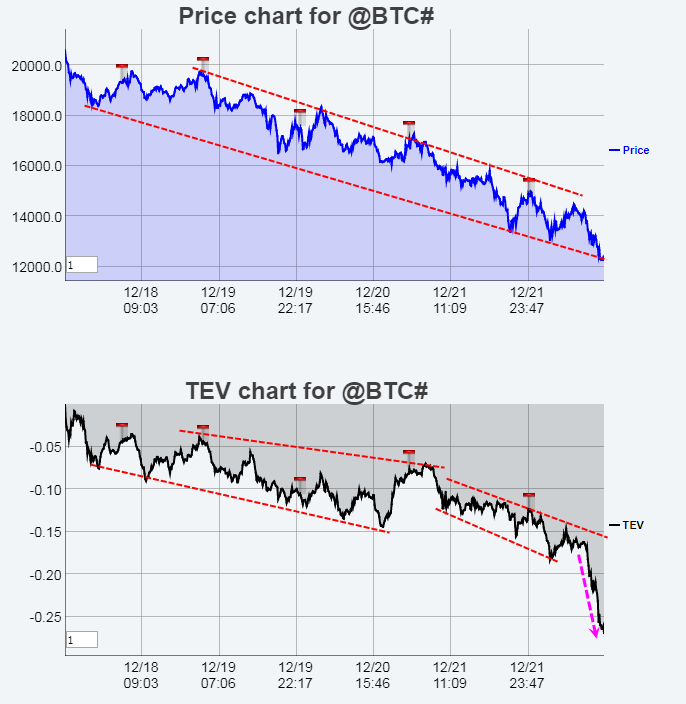Bitcoin futures have been under constant selling pressure since available for trading.
Selling is getting even stronger today.
This has zero influence on the rest of the market. It is just something that is there to help the difficulty of commenting a dull market.
Pascal





 Reply With Quote
Reply With Quote
